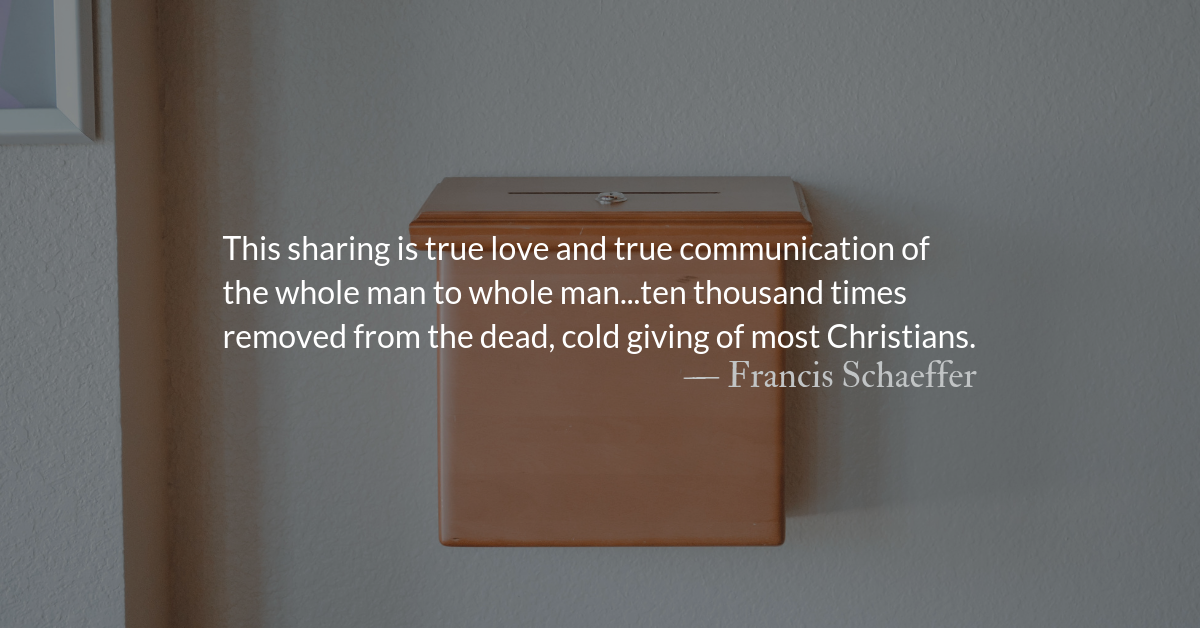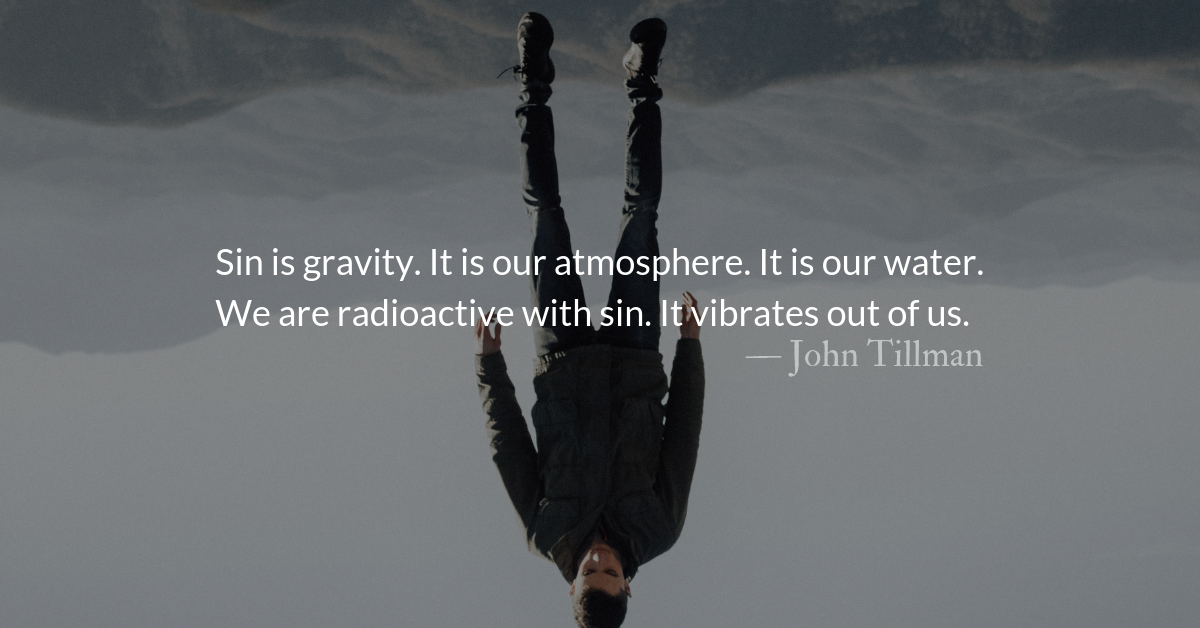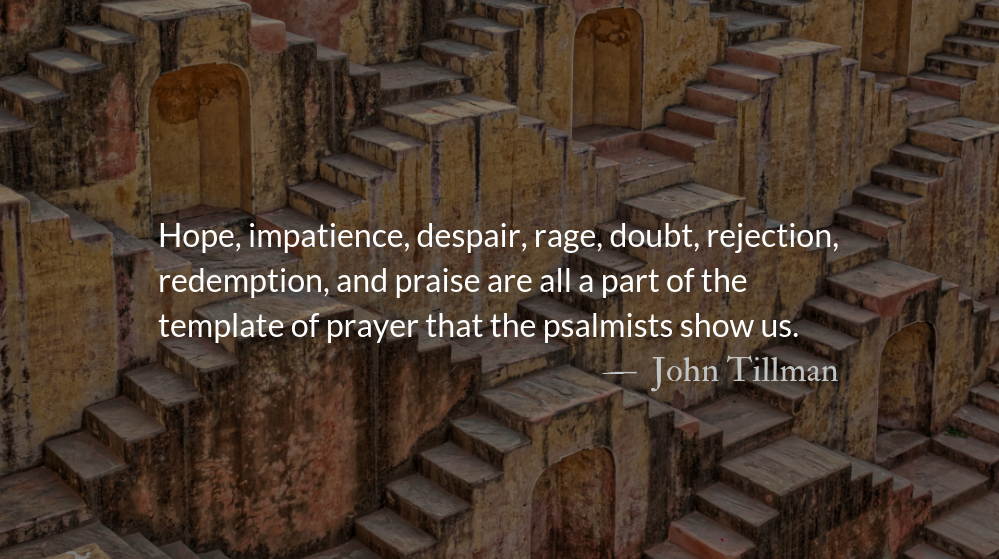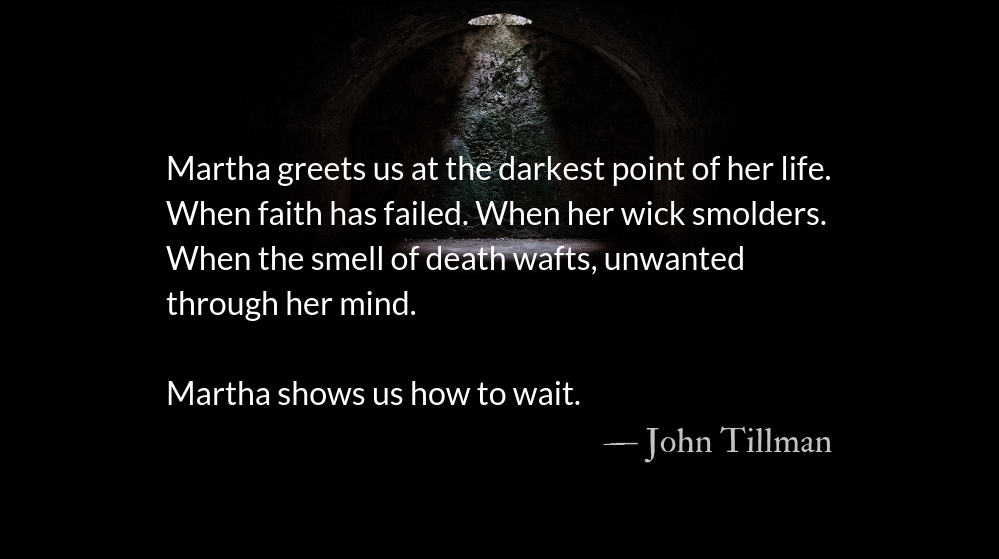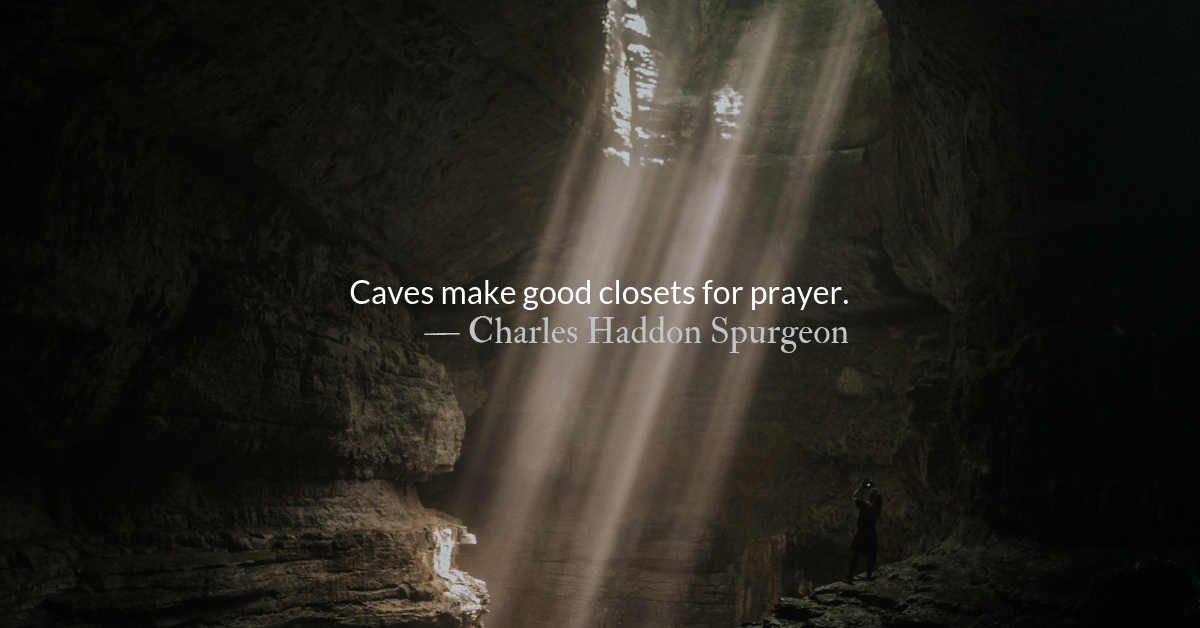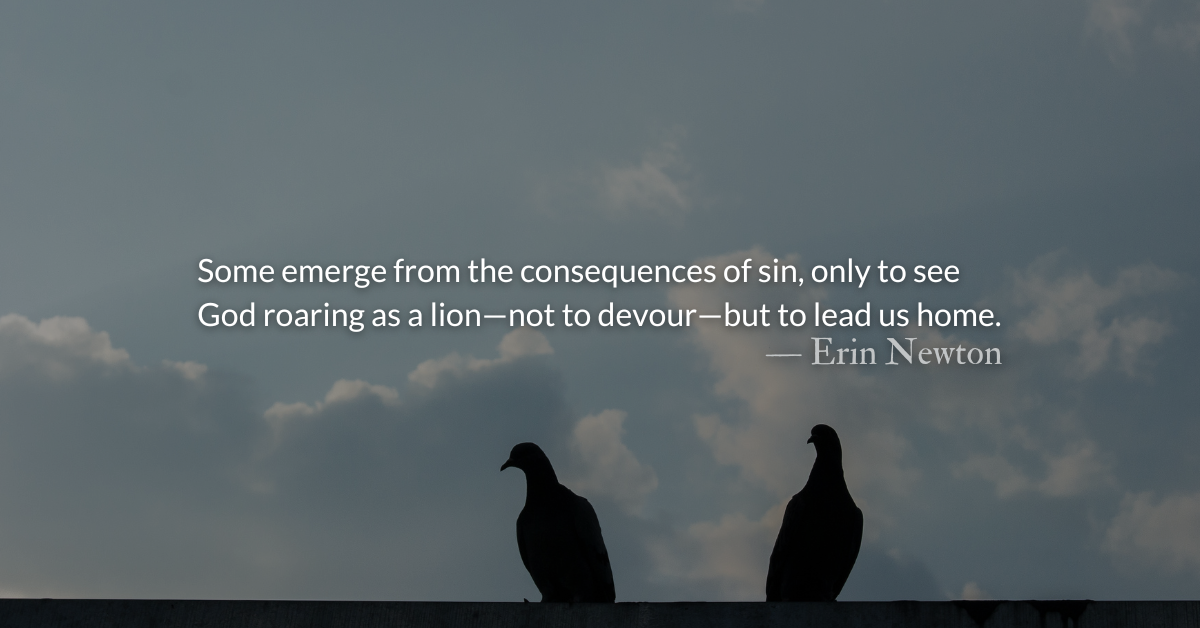Selected by reader, cjs
There is definitely spiritual power in giving—whether it be money, possessions, or our time. No one can out-give God. I have always felt the intense comfort and a spiritual ‘release’ when I have stretched myself to give more than what seemed necessary. I’ve done this in many formats, and I have never regretted it. Humbly, I must state that I’ve always been the one who has benefited the most! My thoughts go to—what if EVERYONE did the same? How much better this world would be!
From John:
We remain in a constant state of humble gratitude to those who make this ministry possible through their donations. We pray that all of our giving would expand in every area, assisting all around us in every way possible. Join our donors by following this link.
Scripture Focus: Acts 4.32
All the believers were one in heart and mind. No one claimed that any of their possessions was their own, but they shared everything they had.
Reflection: Whole Life Generosity :: Readers’ Choice
Originally published July 17th, 2019
By John Tillman
Christian generosity is not merely passively giving a portion of our income as if we were being taxed by a government. Taxes push off our responsibility for others to an impersonal agency of government. Like Scrooge, we pay our taxes, pretending that it is our sole obligation.
If we treat Christian generosity in this manner, we rob it of any spiritual power. No wonder we feel powerless.
Francis Schaeffer rejects this concept, emphasizing that Christian generosity is not giving partially, but is a matter of sharing one’s whole life, irrevocably:
“In the Old Testament, the whole of life and culture was based upon the relationship of the people of God first to God and then to each other. It was not just a religious life, but the whole culture. It was a total cultural relationship, and through the New Testament no longer sees the people of God as a state, nevertheless there is still an emphasis upon the fact that the whole culture and way of life is involved in the vital diversity of love and communication. There is to be no platonic dichotomy between the “spiritual” and other things of life. Indeed, we read in Acts 4:31, 32:
‘After they prayed, the place where they were meeting was shaken. And they were all filled with the Holy Spirit and spoke the word of God boldly. All the believers were one in heart and mind. No one claimed that any of their possessions was their own, but they shared everything they had.’
The Bible makes plain here that this is not a communism of law or external pressure. In fact, Peter, speaking to Ananias about his property, stressed: “While it remaineth was it not your own and after it was sold, was it not in thy power?” (Acts 5:4).
This sharing is not law, but true love and true communication of the whole man to whole man, across the whole spectrum of what humanity is. The same thing happened further abroad. Gentile Christians gave money to Paul to carry to Christian Jews. Why? So that there would be a sharing of material possessions.
This is ten thousand times removed from the dead, cold giving of most Christians. This is not a cold, impersonal act as a bare duty, but a sharing of the whole man with the whole man. True Christian giving is in love and communication across the whole framework of the interplay between whole men.”
*Excerpt from True Spirituality, by Francis A. Schaeffer.
Divine Hours Prayer: The Greeting
O Lord, I cry to you for help; in the morning my prayer comes before you. — Psalm 88.14
– From The Divine Hours: Prayers for Summertime by Phyllis Tickle.
Today’s Readings
1 Samuel 14 (Listen – 9:01)
Romans 12 (Listen – 2:58)
Thank You!
Thank you to our donors who support our readers by making it possible to continue The Park Forum devotionals. This year, The Park Forum audiences opened 200,000 free, and ad-free, devotional content. Follow this link to join our donors with a one-time or a monthly gift.
Submit a Readers’ Choice
Let our community hear how your faith has grown. What post helped you forgive?
Read more about God Shivering on Concrete
Wickedness is evident. But God’s love is also evident…in God’s help, but more so in his presence. Our God is with those who suffer.

